“Φαντάζομαι ότι σε 50 χρόνια, θα ζήσουμε σε έναν κόσμο όπου ουσιαστικά κάθε μαθητής θα εκτελέσει, καθώς και τα πολύ καλύτερους φοιτητές κάνουν σήμερα.” – Larry Hedges
Larry Hedges λέει ότι είναι «βαθιά ταπεινωμένος» από την παραλαβή του βραβείου Yidan Εκπαιδευτικής Έρευνας. He hopes this prestigious award will bring attention to “the importance of rigorous research as the path to improving education worldwide.” Hedges has dedicated his professional life to the cause of applying rigorous scientific methods to develop a “culture of evidence in education” for those who need it, είναι οι εκπαιδευτικοί που, φορείς χάραξης πολιτικής ή ακόμα και τους γονείς. Winning the Yidan Prize will certainly help. Ιδρύθηκε το 2016 από τον Charles Chen Yidan (ένας πυρήνας ιδρυτής της Tencent), the prize presents two awards each year — one for education research and one for education development. Ο 2 recipients receive a total sum of HK$30 million.
Τα εκπαιδευτικά συστήματα αντιμετωπίζουν πολλές προκλήσεις σε έναν κόσμο που αλλάζει. Πώς μπορούμε να διασφαλίσουμε ότι είναι δίκαιοι, αποτελεσματική και χωρίς αποκλεισμούς? Πώς πρέπει να αξιοποιήσει την έρευνα της εκπαίδευσης και να θέσει τη θεωρία στην πράξη?
To answer these questions amongst others, Η Σφαιρική Αναζήτηση για Εκπαίδευση welcomes Yidan Prize Laureate for Education Research 2018, Ο καθηγητής Larry V. Hedges, Πρόεδρος του Τμήματος Στατιστικής, Πανεπιστήμιο Northwestern.
“Nations have become aware that it is essential to bring the best scientific methods available to meet the challenges facing education, which are the challenges of making a more prosperous and just world.” – Larry Hedges
Larry, what do you think are the biggest challenges for education researchers in the rapidly changing world of the fourth industrial revolution? How are these challenges similar to or different from those faced by researchers in the past?
Στο ΠΑΡΕΛΘΟΝ, education was much like a craft endeavor where most knowledge was derived from tradition and direct experience of practice. Research in education had relatively little influence on education practice, and frankly, education research was often not particularly rigorous or scientific. The field was subject to faddish enthusiasm but little rigorous research to determine whether the latest fad actually worked. Some educators and researchers even questioned whether it was possible to discover durable facts—in other words, they doubted that research could be useful.
Σήμερα, education systems face more complex challenges and the need to make rapid progress. Having an educated workforce has become more important to economic progress than ever before. Με άλλα λόγια,, education has become instrumentally important to the nations of the world as it has never been before. Nations have become aware that it is essential to bring the best scientific methods available to meet the challenges facing education, which are the challenges of making a more prosperous and just world. I have experienced some of the dislocations as education has become increasingly important economically in my own country. Education researchers must embrace the rigorous scientific methods used in related fields including the social, behavioral, and biological sciences. This transformation will not be easy. Researchers will need to develop new skills, learn new research methods, and develop a more skeptical and scientific perspective about new innovations. Για παράδειγμα, scientific methods like randomized field trials are critically important to understand which interventions work in medicine. They are needed in education too for exactly the same reasons they are needed in medicine, but are only beginning to be widely used in education research. Fields like medicine have well developed methods to ensure that advances from research reach practitioners who need them. We are only beginning to develop effective dissemination methods for education research. Perhaps more importantly, in medicine there is a culture of evidence that supports the idea that scientific evidence is essential to improve practice and that new knowledge will necessitate changes in practice throughout one’s career.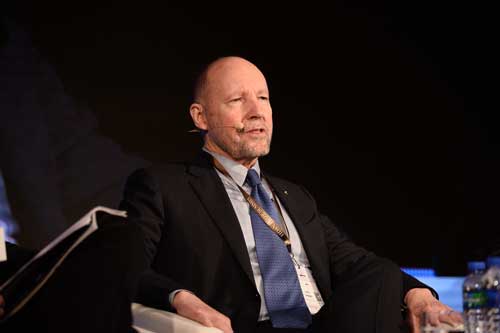
“Researchers have to do research that can make a difference in practice. They also have to play a greater role in training practitioners so that practitioners better understand research and how to use it.” – Larry Hedges
Bridging the gap between research and practice. Many believe this is essential to encourage timely innovation, creativity and teacher autonomy. Αυτό που πρέπει να γίνει στην έρευνα, school and policy level to make this happen?
I agree that teachers and other education personnel must be respected as professionals with a reasonable degree of autonomy to practice their profession. However they must also find their place in the emerging ecosystem of education research, development, and practice. They must learn to function as professionals who believe that research can improve practice and that sometimes large scale research is the only way to know what works. But they will have a role in producing that research as large scale education research becomes more common in schools. They will have to constantly update their knowledge and use the new knowledge that scientific research in education produces in their practice. This is quite different from the functioning of the teaching profession today, where a great deal of practice is determined by initial training in universities and teacher training colleges, apprenticeship, and experience. The future I imagine for teachers is more like medicine today where doctors have wide autonomy, but their practice is informed by a constantly advancing medical science and doctors are conscious that some kinds of knowledge can only be obtained from large scale studies.
Researchers also have responsibilities. Researchers have to do research that can make a difference in practice. They also have to play a greater role in training practitioners so that practitioners better understand research and how to use it.
Children in school today will need the competencies to live and work in a global community. How are education researchers collaborating globally to ensure education research remains relevant, efficient and inclusive for future generations?
Education research is increasingly becoming a global scientific enterprise. Education researchers increasingly use similar methods, publish in the same journals, and share their work in international meetings. This is particularly apparent to me in the United States, where our professional research organizations, such as the American Educational Research Association and the Society for Research on Educational Effectiveness are increasingly reaching out to researchers in other parts of the world and enjoying their participation in our scientific meetings. It is also important to realize that a great deal of education research is conducted by scholars that are affiliated with other social sciences such as economics, the emerging field of prevention science, psychology, sociology, or statistics. These fields are even more international in their outlook than more conventional education research and they are helping to make educational research an international field.
“Education research is increasingly becoming a global scientific enterprise.” – Larry Hedges
Technology is evolving at a tremendous speed. If you had to look into the future, λένε 30 ή 50 χρόνια από τώρα, and make some predictions – how do you see the future educational system?
I will offer an analogy to help make this prediction. Σε 1900, we knew that people could lead healthy and productive lives until they were 70 ετών, but only a small proportion of people did. Life expectancy in my country for a white male born in 1890 was about 38 χρόνια. Now it is double that and people routinely live healthy and productive lives into their 70s. Of course the reason for this dramatic change is the vast expansion of scientific research in medicine in the 20th century. I believe that education will experience the same kind of dramatic change in the 21st century that health care experienced in the 20th century. We now know that almost any person can learn almost anything that the brightest student can, but they often do not. Φαντάζομαι ότι σε 50 χρόνια, we will live in a world where essentially every student will perform as well as the very best students do today. Imagine how much more productive and inclusive such a world would be!
C M Rubin and Larry Hedges
Έλα μαζί μου και παγκοσμίως γνωστή ηγέτες σκέψης συμπεριλαμβανομένου του Sir Michael Barber (Ηνωμένο Βασίλειο), Ο Δρ. Michael Block (ΗΠΑ), Ο Δρ. Leon Botstein (ΗΠΑ), Καθηγητής Clay Christensen (ΗΠΑ), Ο Δρ. Linda Ντάρλινγκ-Hammond (ΗΠΑ), Ο Δρ. MadhavChavan (Ινδία), Charles Fadel (ΗΠΑ), Ο καθηγητής Michael Fullan (Καναδάς), Ο καθηγητής Howard Gardner (ΗΠΑ), Ο καθηγητής Andy Hargreaves (ΗΠΑ), Ο καθηγητής Yvonne Hellman (Η Ολλανδία), Ο καθηγητής Kristin Helstad (Νορβηγία), Jean Hendrickson (ΗΠΑ), Καθηγητής Rose Hipkins (Νέα Ζηλανδία), Καθηγητής Cornelia Hoogland (Καναδάς), Αξιότιμο Jeff Johnson (Καναδάς), Η κ. Chantal Kaufmann (Βέλγιο), Ο Δρ. EijaKauppinen (Φινλανδία), Υφυπουργός TapioKosunen (Φινλανδία), Ο καθηγητής Dominique Λαφοντέν (Βέλγιο), Ο καθηγητής Hugh Lauder (Ηνωμένο Βασίλειο), Lord Ken Macdonald (Ηνωμένο Βασίλειο), Ο καθηγητής Geoff Masters (Αυστραλία), Καθηγητής Barry McGaw (Αυστραλία), Shiv Nadar (Ινδία), Καθηγητής R. Natarajan (Ινδία), Ο Δρ. PAK NG (Σιγκαπούρη), Ο Δρ. Denise Πάπα (ΗΠΑ), Sridhar Rajagopalan (Ινδία), Ο Δρ. Diane Ravitch (ΗΠΑ), Richard Wilson Riley (ΗΠΑ), Sir Ken Robinson (Ηνωμένο Βασίλειο), Καθηγητής Pasi Sahlberg (Φινλανδία), Καθηγητής Manabu Sato (Ιαπωνία), Andreas Schleicher (PISA, ΟΟΣΑ), Ο Δρ. Anthony Seldon (Ηνωμένο Βασίλειο), Ο Δρ. David Shaffer (ΗΠΑ), Ο Δρ. Kirsten Μοναδική Are (Νορβηγία), Στήβεν Spahn (ΗΠΑ), Yves Theze (LyceeFrancais ΗΠΑ), Ο καθηγητής Charles Ungerleider (Καναδάς), Ο καθηγητής Tony Wagner (ΗΠΑ), Sir David Watson (Ηνωμένο Βασίλειο), Καθηγητής Dylan Γουίλιαμ (Ηνωμένο Βασίλειο), Ο Δρ. Mark Wormald (Ηνωμένο Βασίλειο), Ο καθηγητής Theo Wubbels (Η Ολλανδία), Ο καθηγητής Michael Young (Ηνωμένο Βασίλειο), και ο καθηγητής Minxuan Zhang (Κίνα) καθώς εξερευνούν τα μεγάλα ζητήματα της εκπαίδευσης εικόνα που όλα τα έθνη αντιμετωπίζουν σήμερα.
Η Παγκόσμια αναζήτηση για την Εκπαίδευση της Κοινότητας Σελίδα
C. M. Rubin είναι ο συγγραφέας των δύο πολυδιαβασμένα online σειρά για την οποία έλαβε ένα 2011 Βραβείο Upton Sinclair, «Η Παγκόσμια αναζήτηση για την Παιδεία» και «πώς θα Διαβάστε?"Είναι επίσης συγγραφέας τριών βιβλίων με εμπορική επιτυχία, ΣυμπεριλαμβανομένωνΗ Ρεάλ Αλίκη στη Χώρα των Θαυμάτων, Είναι ο εκδότης του CMRubinWorld και είναι ένα Ίδρυμα Fellow δι'υπερήχων.
Ακολουθήστε C. M. Rubin στο Twitter: www.twitter.com/@cmrubinworld

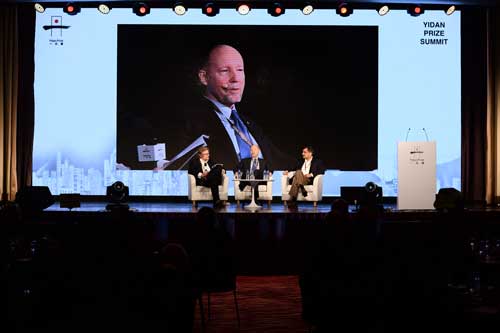
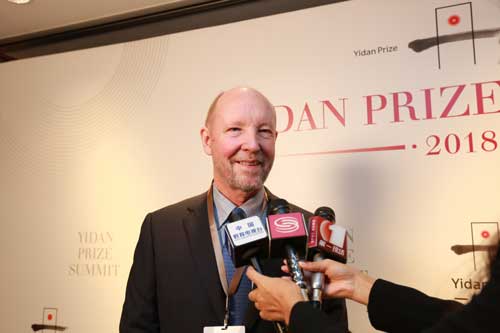
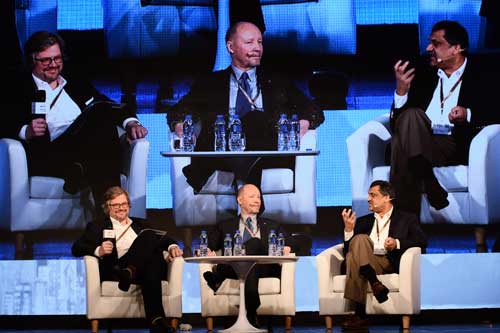
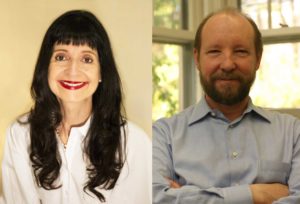
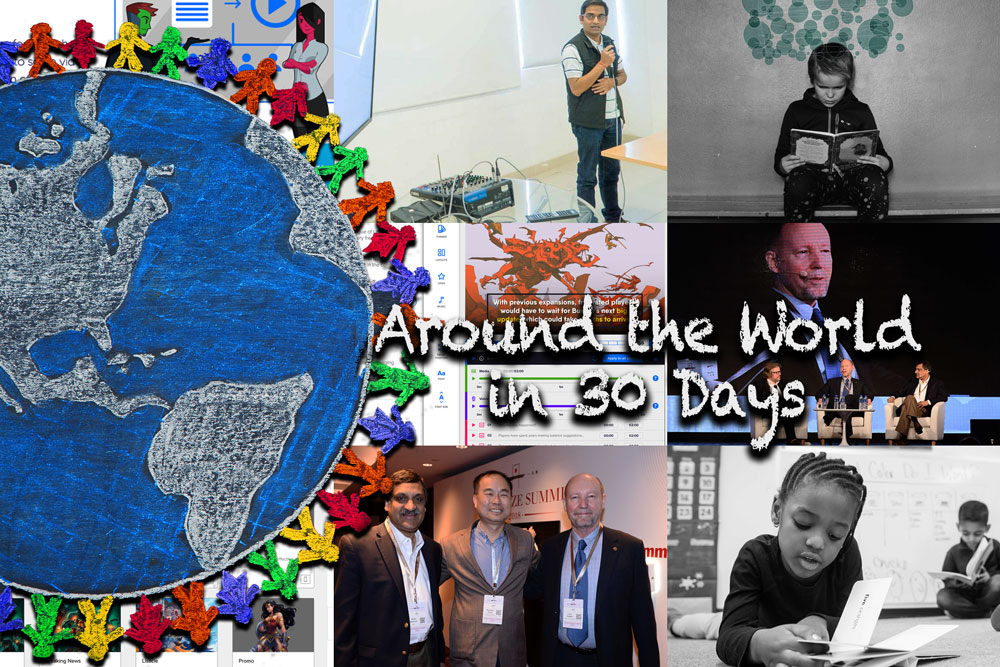

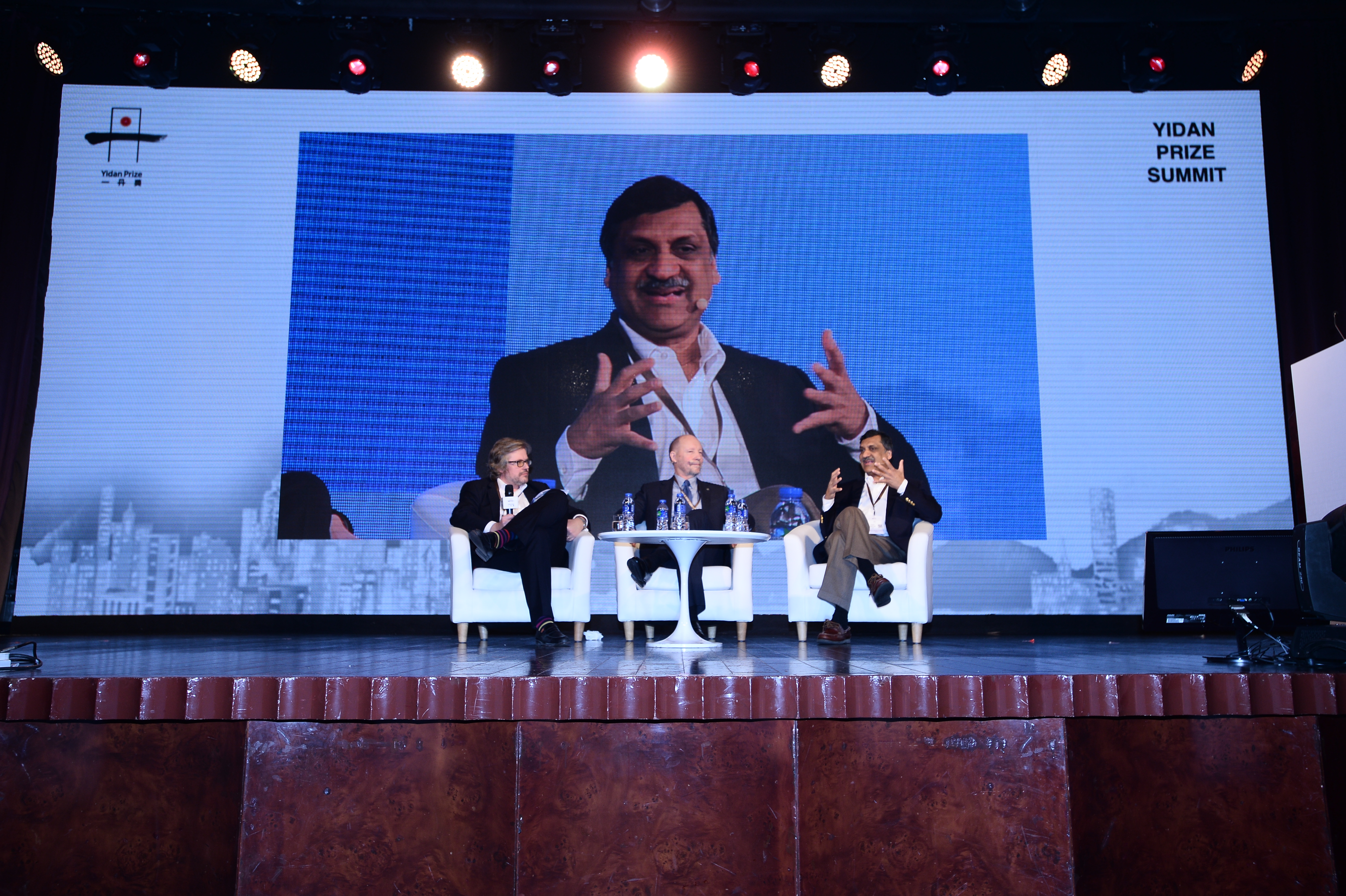
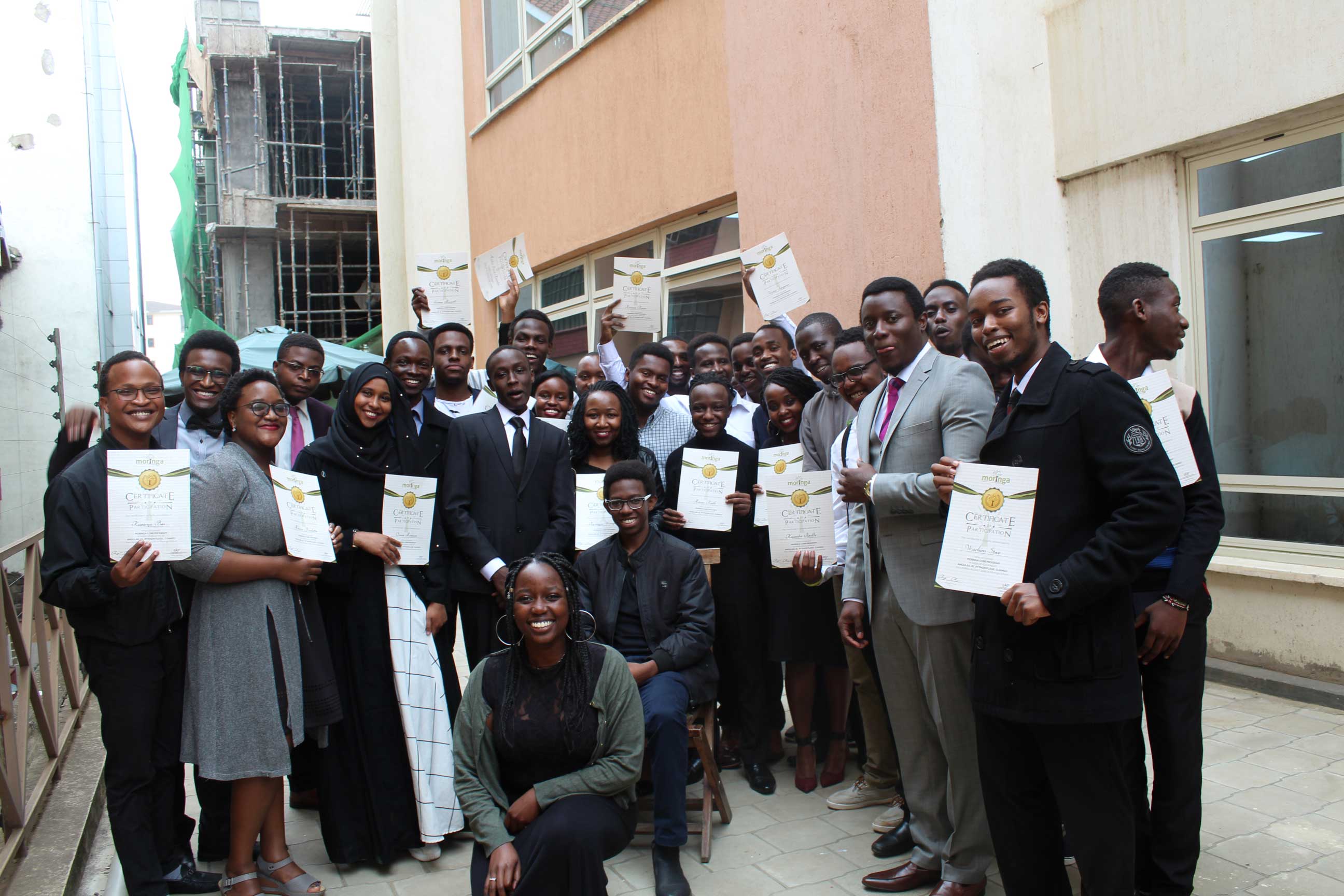
Πρόσφατα σχόλια